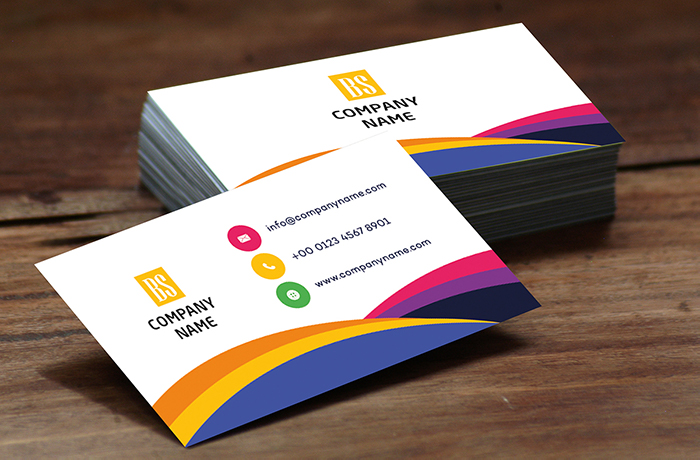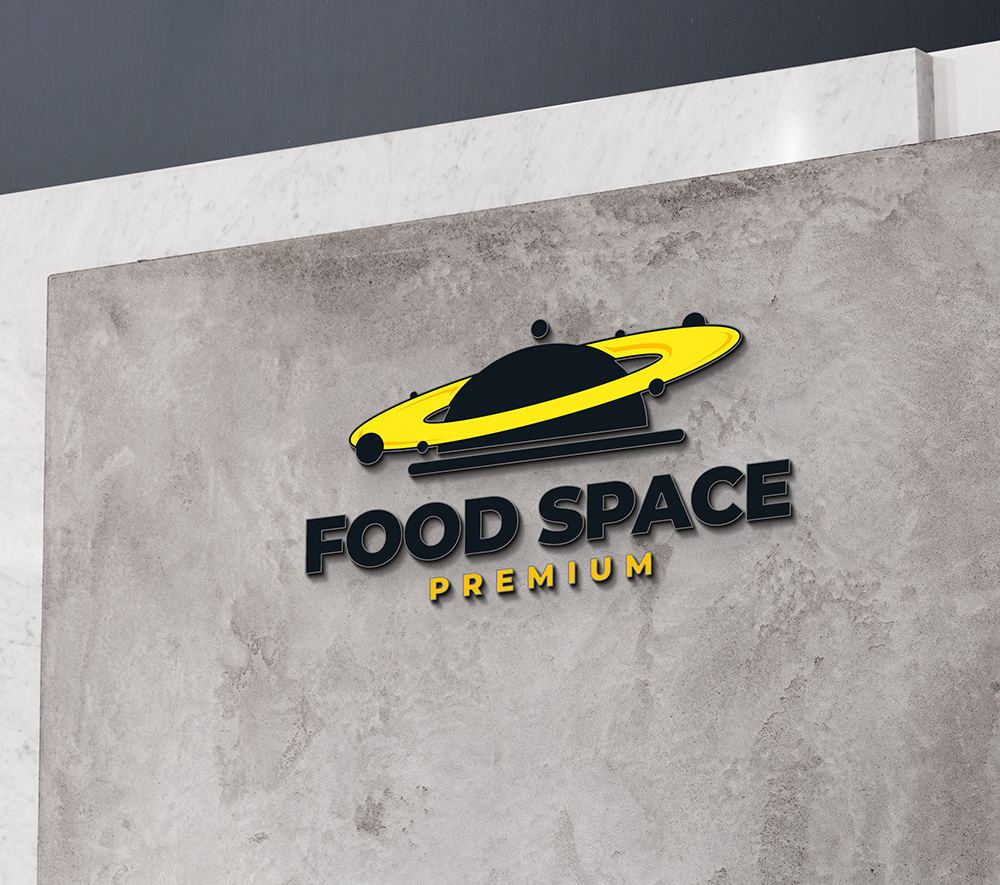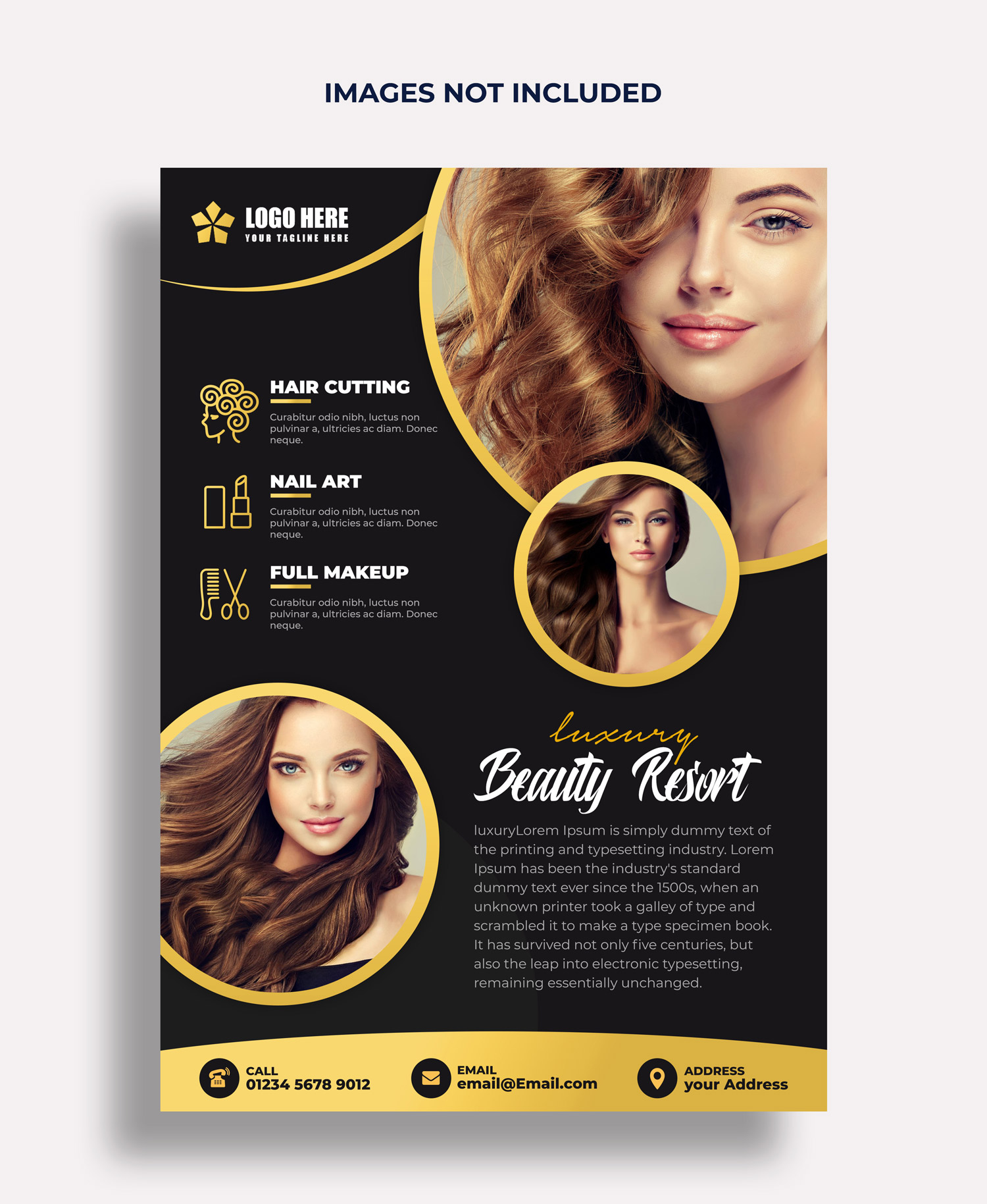professional business card designs

More free Designs to download
Unique Pink Business card design
DowasnloadMulti Colors Modern business card design
DowasnloadFood Space Logo Design
DowasnloadUnique Business Card Design
DowasnloadUnique Flyer Design
DowasnloadStylish business card design
DowasnloadSuper Delicious Burger Post Free Download
DowasnloadElegant business card design
DowasnloadLuxury Beauty Salon Flyer Design – Haircut, Nail Art & Makeup Services
DowasnloadOrganic business card design
DowasnloadImran Khan Prime Minister Of Pakistan
DowasnloadBlue And White Business Card Design Templates
DowasnloadFree for more insights
A Professional Business Card Design
In The Competitive Landscape Of Business Networking A Well-Crafted Professional Business Card Serves As A Tangible Representation Of Your Brand Identity Expertise And Professionalism. This Comprehensive Guide Explores The Essential Elements And Creative Strategies For Designing A Professional Business Card That Commands Attention Communicates Your Value Proposition And Fosters Meaningful Connections With Potential Clients And Partners.

Understanding The Importance Of A Professional Business Card
Before Delving Into The Design Process It’s Crucial To Recognize The Significance Of A Professional Business Card In Today’s Digital Age. Despite Advancements In Technology And Online Networking Platforms A Physical Business Card Remains A Timeless And Essential Tool For Making Memorable Introductions Exchanging Contact Information And Solidifying Professional Relationships. A Well-Designed Business Card Serves As A Powerful Marketing Tool Leaving A Lasting Impression And Conveying Credibility Trust And Professionalism.
Key Elements Of A Professional Business Card Design
Clean And Minimalist Layout:
Embrace A Clean And Minimalist Layout That Emphasizes Simplicity Clarity And Elegance. Keep The Design Uncluttered And Focused Allowing Essential Elements Such As Your Name Job Title And Contact Information To Stand Out Prominently. Use Whitespace Strategically To Create Visual Balance And Enhance Readability.
Consistent Branding Elements:
Incorporate Consistent Branding Elements Such As Your Company Logo Colors And Fonts Into The Design Of Your Business Card. Ensure That Your Branding Elements Are Displayed Prominently And Aligned With Your Overall Brand Identity. Use Consistent Typography And Color Palette To Reinforce Brand Recognition And Coherence.
Legible Typography:
Choose Legible Fonts And Typography That Are Easy To Read And Reflect Your Brand’s Personality And Style. Opt For Professional Serif Or Sans-Serif Fonts For Body Text And Headlines Avoiding Decorative Or Overly Stylized Fonts That May Compromise Readability. Experiment With Font Sizes Weights And Styles To Create Hierarchy And Emphasis.
High-Quality Imagery And Graphics:
Incorporate High-Quality Imagery Graphics Or Illustrations That Enhance Visual Appeal And Reinforce Your Brand Message. Use Professional Photography Icons Or Illustrations That Align With Your Industry Niche Or Target Audience. Ensure That Images Are Crisp Clear And Relevant To Your Business Or Area Of Expertise.
Functional Contact Information:
Include Essential Contact Information On Your Business Card Such As Your Name Job Title Company Name Phone Number Email Address And Website Url. Prioritize The Most Relevant And Frequently Used Contact Channels To Streamline Communication And Encourage Engagement. Consider Adding Qr Codes Or Nfc Technology For Seamless Digital Connectivity And Interaction.
Creative Strategies For Professional Business Card Design
Unique Shapes And Materials:
Consider Experimenting With Unique Shapes Sizes And Materials To Make Your Business Card Stand Out From The Crowd. Explore Die-Cut Designs Rounded Corners Or Textured Finishes That Add Tactile Appeal And Visual Interest. Choose Premium-Quality Paper Stocks Or Specialty Finishes That Convey A Sense Of Luxury And Professionalism.
Spot Uv Coating And Embellishments:
Incorporate Spot Uv Coating Foil Stamping Or Embossed Elements To Add Texture Shine And Dimension To Your Business Card Design. Use These Embellishments Selectively To Highlight Key Elements Such As Your Logo Tagline Or Contact Information. Ensure That Embellishments Complement The Overall Design Aesthetic And Reinforce Brand Identity.
Interactive Elements:
Integrate Interactive Elements Such As Qr Codes Augmented Reality (Ar) Experiences Or Embedded Nfc Chips To Enhance Engagement And Interactivity. Encourage Recipients To Scan Qr Codes For Exclusive Offers Access Multimedia Content Or Connect With Your Social Media Profiles. Create A Sense Of Curiosity And Intrigue That Motivates Recipients To Explore Further.
Branded Backside Design:
Utilize The Backside Of Your Business Card As Valuable Real Estate For Additional Branding Elements Messaging Or Calls-To-Action. Include A Brief Company Slogan Value Proposition Or Customer Testimonial That Reinforces Your Brand Identity And Resonates With Recipients. Use The Backside Design To Convey Additional Information Or Highlight Special Promotions Or Events.
Feedback And Iteration:
Solicit Feedback From Colleagues Mentors Or Industry Peers During The Design Process To Gather Insights And Perspectives. Iteratively Refine Your Business Card Design Based On Constructive Criticism And User Testing Optimizing Elements For Clarity Impact And Effectiveness. Continuously Iterate And Evolve Your Design To Align With Changing Business Needs And Audience Preferences.
Conclusion
Designing A Professional Business Card Requires A Thoughtful Blend Of Creativity Strategy And Attention To Detail. By Embracing Minimalist Design Principles Incorporating Consistent Branding Elements And Leveraging Creative Strategies That Enhance Visual Appeal And Functionality You Can Create A Business Card That Makes A Memorable Impression And Drives Meaningful Connections. Infuse Your Design With Elegance Professionalism And Personality Making Your Business Card A Powerful Representation Of Your Brand Identity And Values In The Competitive Landscape Of Business Networking.
X












